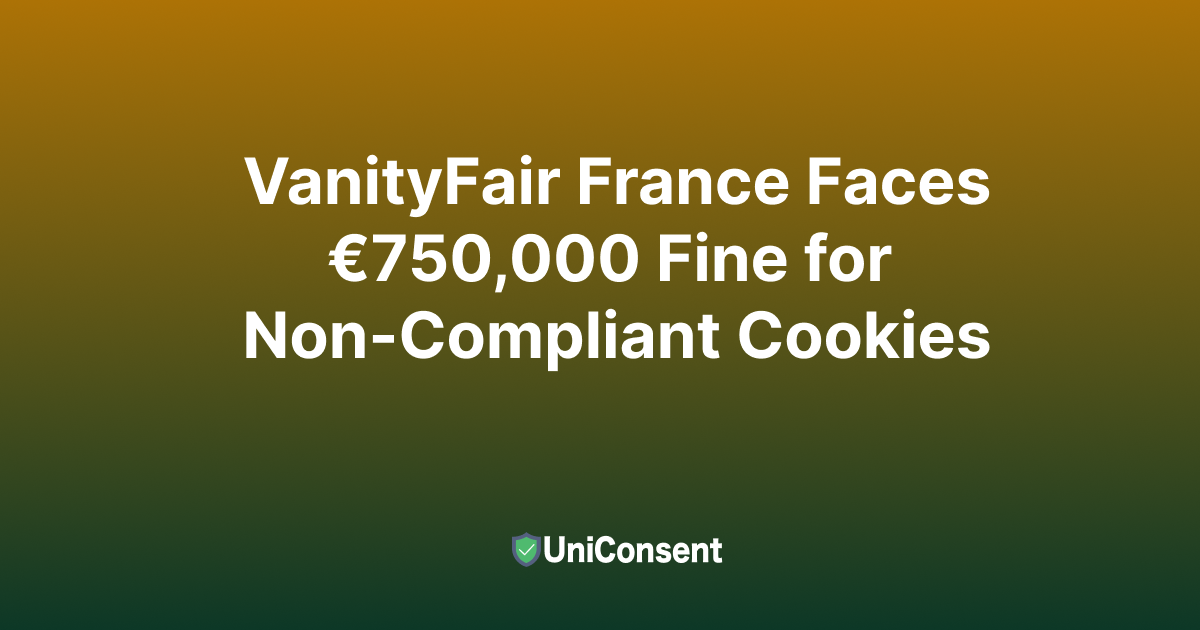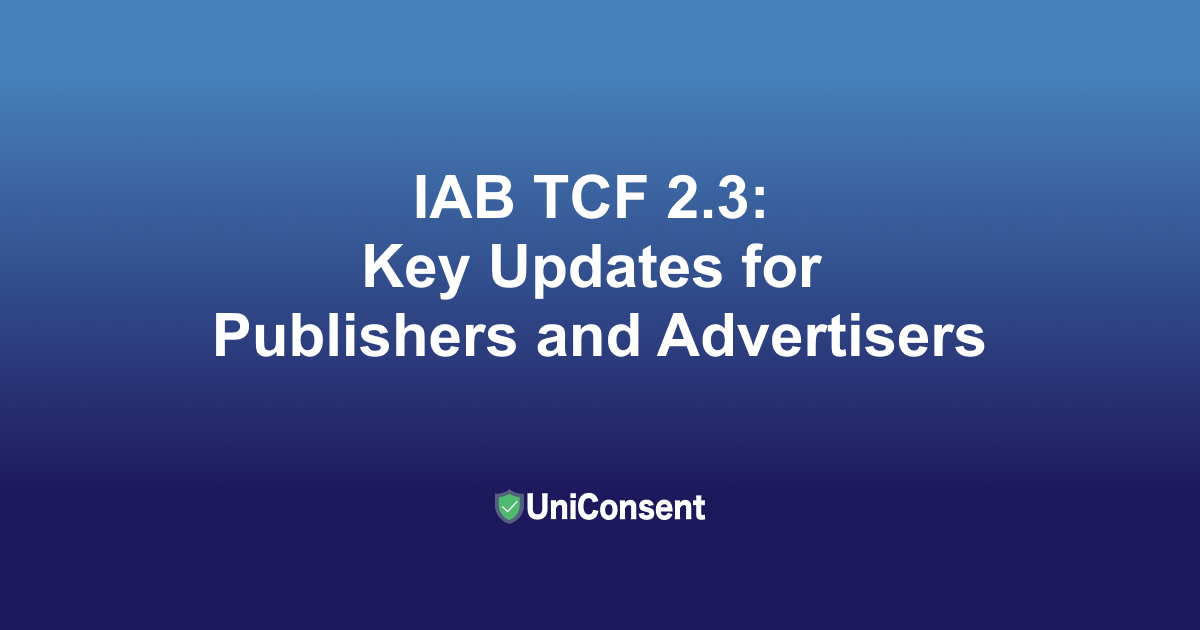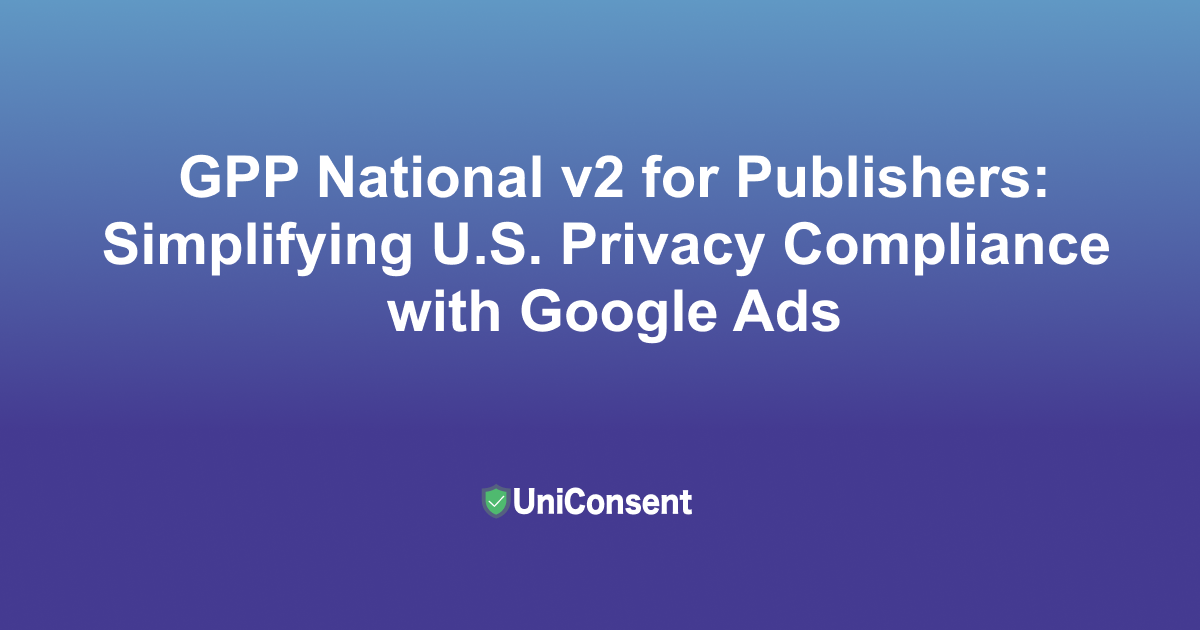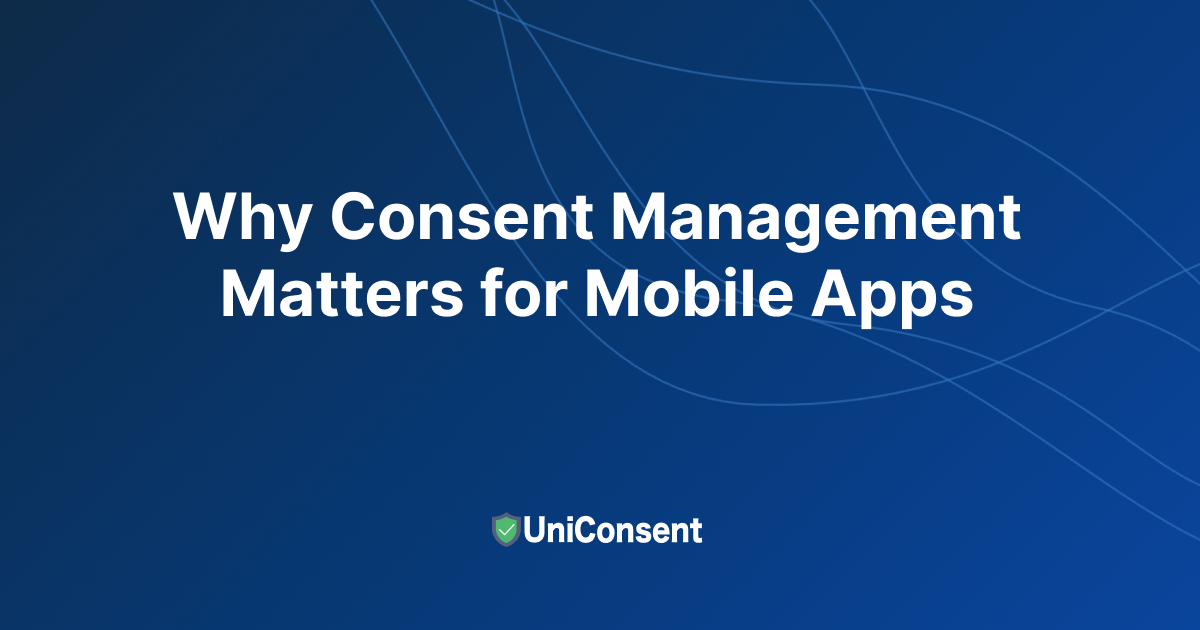What is Google's FLoC and How does it Impact User Privacy
UniConsent
Table of contents
Google FLoC is a solution aiming to replace the third-party cookies. It runs on your browser, so compared to third-party cookies where companies have access to all your browsing history, FLoC does help to reduce that kind of data collection.
 What is Google's FLoC and How does it Impact User Privacy
What is Google's FLoC and How does it Impact User Privacy
Users around the world are becoming more and more aware of how companies are using their data, over the years there have been a lot of improvements to users' privacy on the internet, from the rise of the new GDPR act and users being able to set their data consent settings etc. One thing which is still an issue for user’s privacy is third-party cookies which can be used to track internet users across the web in order to serve targeted ads to them.
However, because of all the changes required by new privacy laws, ad companies within the ecosystem are having to find new methods to operate their advertising networks and keep the same level of control they once had. Third-party cookies were very useful to track users across different websites and services, they enabled ad companies to track browsing history but it meant that all these businesses had access to your internet usage. Google FLoC is a newer technology which aims to replace third-party cookies and local browser storage; FLoC, which stands for Federated Learning of Cohorts (FLoC), works by shifting the responsibility (ad tracking) over to the browser. FLoC will work on your device directly, within the browser, meaning your browsing history will not be shared with companies at all, so in some regard, it means better privacy for users.
How does FLoC work exactly?
Google FLoC as stated before, runs on your browser, so compared to third-party cookies where companies have access to all your browsing history, FLoC does help to reduce that kind of data collection. FLoC works by putting users into “Cohorts”, instead of tracking a user individually, Google will now track a bunch of users together, who have the same browsing habits or browsing patterns across the web - That is where the term “Cohort” comes from, instead of third-party cookies, Google FLoC will track users based on a shared identifier, this could mean thousands of users could be sharing the same FLoC identifier.
FLoC does not share your browsing history with Google or anyone, they just are allowed to access the shared FLoC identifier for ad-targeting or analytical purposes, so it’s not just Google who can access a user's “Cohort”. One important thing to note is that this is only working on Google Chrome browsers and at the time of writing this article, Google is only pushing this out to a “small number of users” for testing, so it is not activated on all Chrome browsers just yet.
Industry Reactions and User Privacy
Once again this seems to be an attempt by Google to save a dying industry within the wake of user data and privacy becoming more important. Since the first annocune of Google FLoC, top companies like EFF, Microsoft, Mozilla Firefox, Brave, DuckDuckGo and Plausible Analytics have all felt negatively against Google FLoC as they are against any kind of user tracking. Google’s main business model is advertising so it is in their own interest to fit into the privacy minded world but some would argue that any form of user tracking is not welcome in a privacy-first world.
How to Opting Out of FLoC Tracking
How to disable Google's FLoC as a publisher or user?
At the time of writing this article Google claims they are still in the “testing” phase of their new FLoC technology, so not all users will have this tracking enabled in their Google Chrome browser.
However, there are a few ways to disable FLoC but currently there is only one officially recognised way, that is to include a new HTTP request header from the server side:
Permissions-Policy: interest-cohort=()
This will disable FLoC functionality at the server level and is supposed to be officially recognised by Google. But not all website owners have access to this, such as shared hosting providers don’t always allow server level configurations.
There is a trick to disable FLoC functionality on the client side but it has not been officially endorsed by Google, meaning the method to disable FLoC at the browser level could change in the future. But to disable FLoC on the client side, you can add this JavaScript to your website:
<script type='application/javascript'>document.interestCohort = null;</script>
Conclusion
It seems like Google is trying to promote FLoC tracking as a way to fit into the privacy-first world but top companies and privacy experts are still against it as the technology still tracks users and their browsing history behaviour.
Currently, it only seems like FLoC will be supported in Google Chrome as other privacy focused browsers like Firefox and Brave are very unlikely to support this.
Overall, Google is trying to fit into a world where users care more about privacy and they want their business to adapt to that, and just like many others who rely on contextual based advertising. But, some would argue that is not what a privacy-respecting web looks like. The alternative is to purely rely on serving ads based on anonymous data like geographic location and search keywords etc.
As we have seen, there are few ways to disable this new FLoC tracking but the Chrome API might change in the future and don’t fully know how that may look.
About UniConsent
UniConsent is a part of Transfon's privacy-first User Experience Platform serves tens of millions of users per day to provide a seamless privacy experience for both users and publishers in the age of post GDPR. Contact us to know more: hello@uniconsent.com
Leading Consent Management Platform
Compliant with GDPR, CCPA, COPPA, LGPD, PECR, PDPA, PIPEDA, and more.
Activate Google Consent Mode UniConsent to enhance the accuracy of your Google Analytics and Google Ads conversion data.
Set up Google Consent Mode →Get started to make your website and application compliant for EU GDPR, US CPRA, CA PIPEDA etc
Sign upConsent Management Platform Resources

VanityFair France Faces €750,000 Fine for Non-Compliant Cookies
UniConsent CMP is Certified as an App-Ready Partner of Google

IAB TCF 2.3: Key Updates for Publishers and Advertisers

GPP National v2 for Publishers: Simplifying U.S. Privacy Compliance with Google Ads
Maximize Google Ads ROI with Consent Mode Support from UniConsent

Why Consent Management Matters for Mobile Apps in 2025
Get started to make your website and application compliant for EU GDPR, US CPRA, CA PIPEDA etc
Sign up